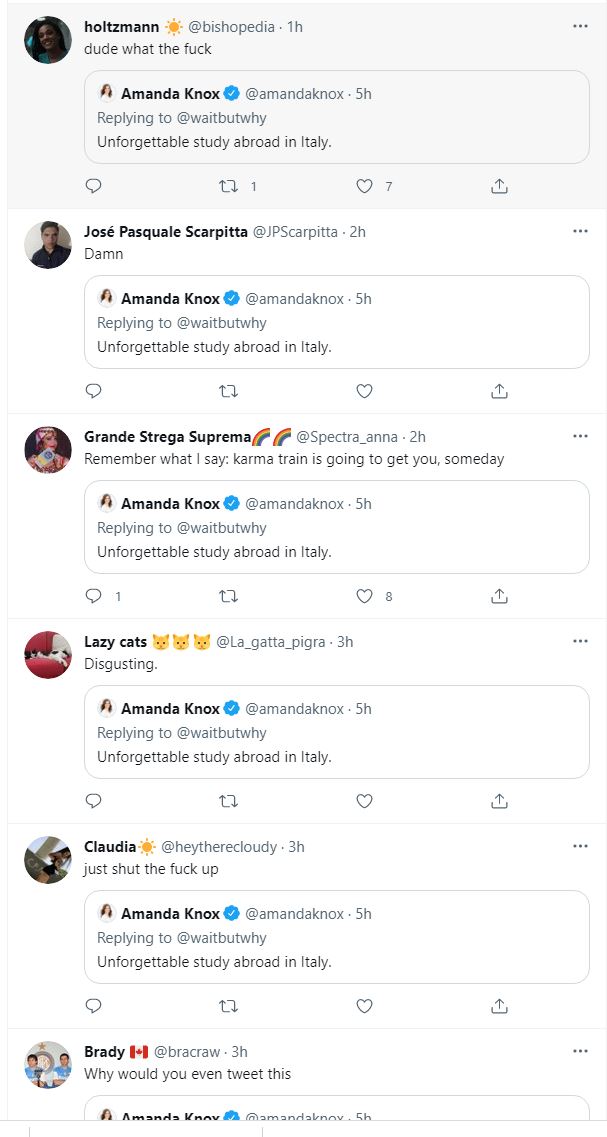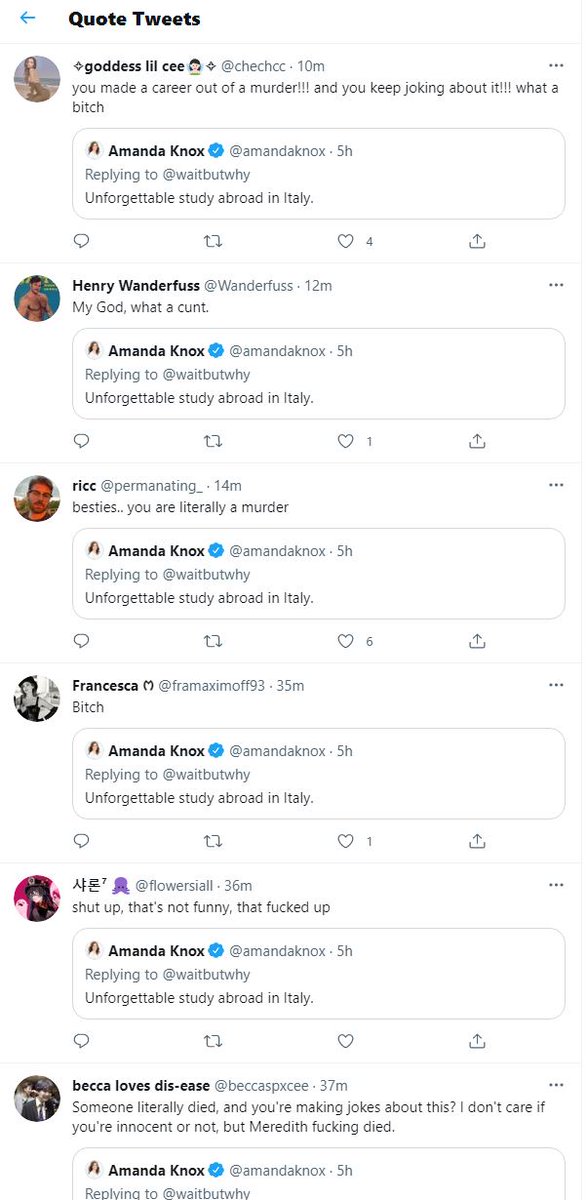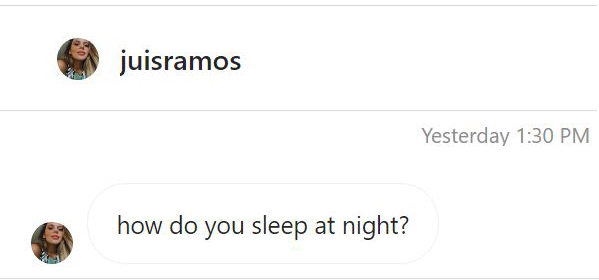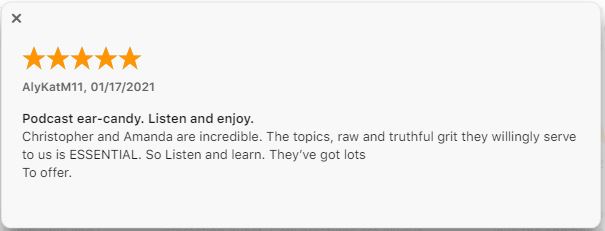
Super disappointed in Tom McCarthy’s response to my critique of #Stillwater in this latest @Variety interview.
variety.com/2021/film/feat…
/ an open letter to Tom
variety.com/2021/film/feat…
/ an open letter to Tom
Hi Tom. You say: “Stillwater is a work of fiction and not about her life experience...There were a few entry points that sparked the narrative, including aspects of real-life events, but the story and characters within my latest film are all invented.”
Did you read my Atlantic piece? Because I feel like you’re being disingenuous and evading my point.
theatlantic.com/ideas/archive/…
theatlantic.com/ideas/archive/…
Let me make this simple: Did you or did you not draw obvious parallels to my case in your fictional story, ones that every single reviewer of the film recognized and noted?
Did you or did you not use my name when giving interviews to promote your film, saying that it was “directly inspired by” and “loosely based” on “the Amanda Knox saga”? 

Did you or did you not portray the Amanda Knox-inspired character as indirectly responsible and morally culpable for murder?
The answer to all these questions is: Yes, you did.
It is irrelevant that Stillwater isn’t “about” the Amanda Knox-inspired character, or that it is about much more than that. Her plight is the inciting incident, and its resolution is essential to your plot.
There are layers to the ethical problems here. 1) You took the most traumatic experience of my life and used it in a Hollywood entertainment product without my consent and without thinking about how it would affect me.
2) You didn’t bother to give me advance notice that the most traumatic experience of my life would be dredged up in this way, that my name would be popping up left and right in relation to your film.
3) Your fictional portrayal of an Amanda Knox-like character reinforced a pernicious and false narrative about my involvement in the murder of Meredith Kercher by Rudy Guede.
4) You haven’t acknowledged any of these oversights. Instead, you’ve done a legal cover-your-ass, now telling @Variety that you’re a magpie who picks up bits and pieces of inspiration everywhere.
You’ve emphasized the work you did to empathize with “Oklahoma roughnecks,” because you really wanted to portray their nuanced humanity. 

That empathy work is laudable. I wish you’d extended that same empathy to me.
I’m sorry if it seems like I am singling you out when, in fact, you are not the first storyteller to treat my life and reputation as an object to be used at your convenience.
In truth, I have been speaking out about this issue for a long time. Take, for instance, this Medium article I wrote back in 2019:
gen.medium.com/amanda-knox-yo…
gen.medium.com/amanda-knox-yo…
My initial thread was an olive branch, Tom. Here’s another: I don’t think you're a bad guy. I think you're smart enough and have enough empathy to acknowledge what you’ve done here.
And I hope you’ll actually have a conversation with me about all this. My invitation to talk on my podcast, LABYRINTHS, remains open. Same to you, Matt Damon.
P.S. Yes, Tom, I haven’t seen Stillwater yet. This is not an oversight. Exposing myself to a stranger’s rehashed vision of my trauma over a bucket of popcorn is not my ideal date-night.
• • •
Missing some Tweet in this thread? You can try to
force a refresh












